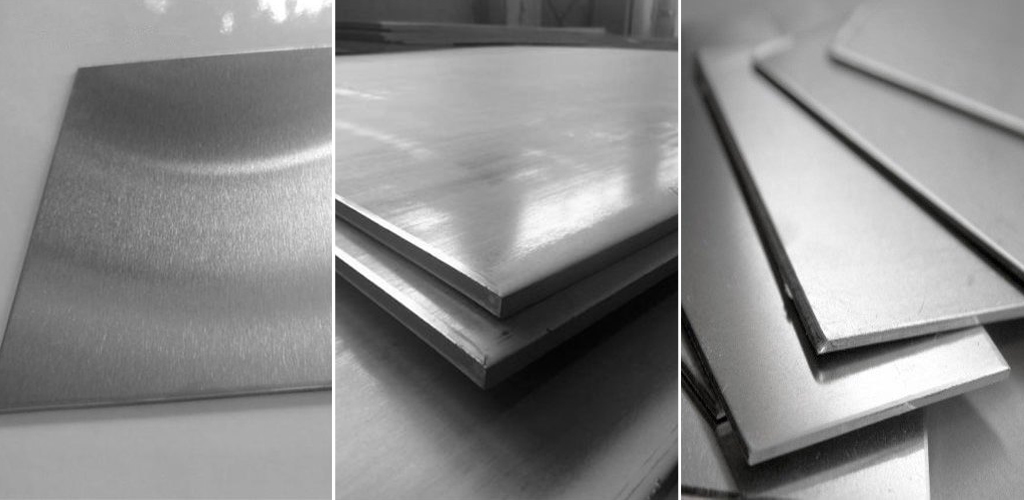Stainless Steel 317L is an austenitic stainless steel alloy known for its exceptional corrosion resistance and high strength properties. This alloy is specifically designed to resist sulfuric acid attacks, making it an ideal choice for industries that require durable and long-lasting materials in highly corrosive environments. The 'L' in 317L stands for low carbon, which enhances its resistance to sensitization during welding and improves overall corrosion resistance.
Chemical Composition and Properties
Stainless Steel 317L is primarily composed of the following elements:
- Chromium (18-20%)
- Nickel (11-15%)
- Molybdenum (3-4%)
- Carbon (Max 0.03%)
- Manganese (2% Max)
- Silicon (0.75% Max)
- Phosphorus (0.045% Max)
- Sulfur (0.03% Max)
The addition of molybdenum significantly enhances the pitting and crevice corrosion resistance of the alloy, especially in chloride and sulfuric acid environments. The high chromium and nickel content also contribute to excellent oxidation resistance and strength at elevated temperatures.
Key Features and Advantages
- Corrosion Resistance: Superior resistance to a wide range of chemicals, including chlorides, sulfuric acid, and other aggressive agents.
- High Strength: Retains strength and toughness even at high temperatures.
- Weldability: Excellent weldability with minimal risk of intergranular corrosion.
- Low Carbon Content: Reduces the risk of carbide precipitation during welding, enhancing the alloy’s resistance to sensitization.
- Durability: Provides long service life in harsh environments, reducing maintenance costs.
Applications of Stainless Steel 317L Plates
Due to its excellent corrosion resistance and mechanical properties, Stainless Steel 317L plates are widely used across various industries, including:
- Chemical Processing: Ideal for handling and storing chemicals due to its resistance to sulfuric acid.
- Marine Environments: Suitable for marine equipment and offshore oil drilling components.
- Pharmaceuticals: Used in equipment where cleanliness and resistance to corrosion are essential.
- Food Processing: Safe for use in food-grade applications requiring hygienic and non-reactive materials.
- Heat Exchangers: Common in heat exchanger tubes and pressure vessels due to its strength at elevated temperatures.
Manufacturing and Specifications
Stainless Steel 317L plates are available in various thicknesses and dimensions, tailored to meet specific industrial needs. They are typically manufactured in compliance with ASTM A240/A240M standards, ensuring high quality and performance consistency.
Conclusion
Stainless Steel 317L plates offer unmatched durability, corrosion resistance, and mechanical strength, making them indispensable in industries requiring robust materials that perform well under extreme conditions. Their adaptability, combined with excellent weldability and high resistance to aggressive chemicals, ensures they remain a top choice for demanding applications across the globe.





Comments